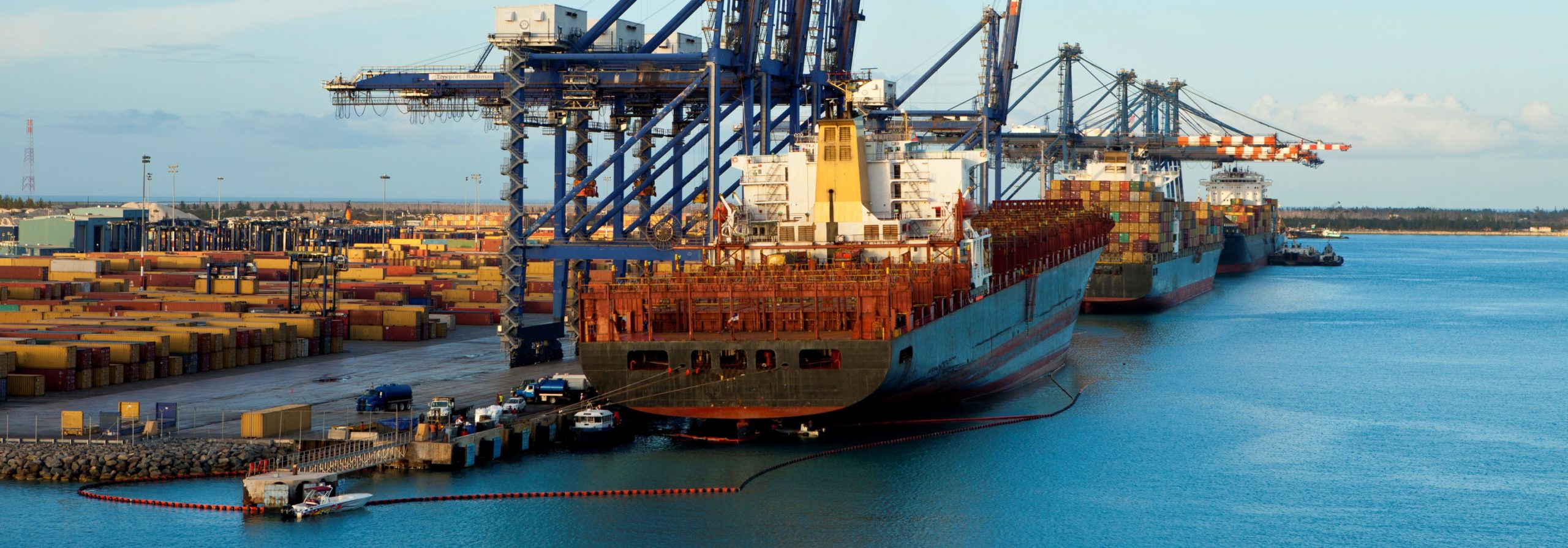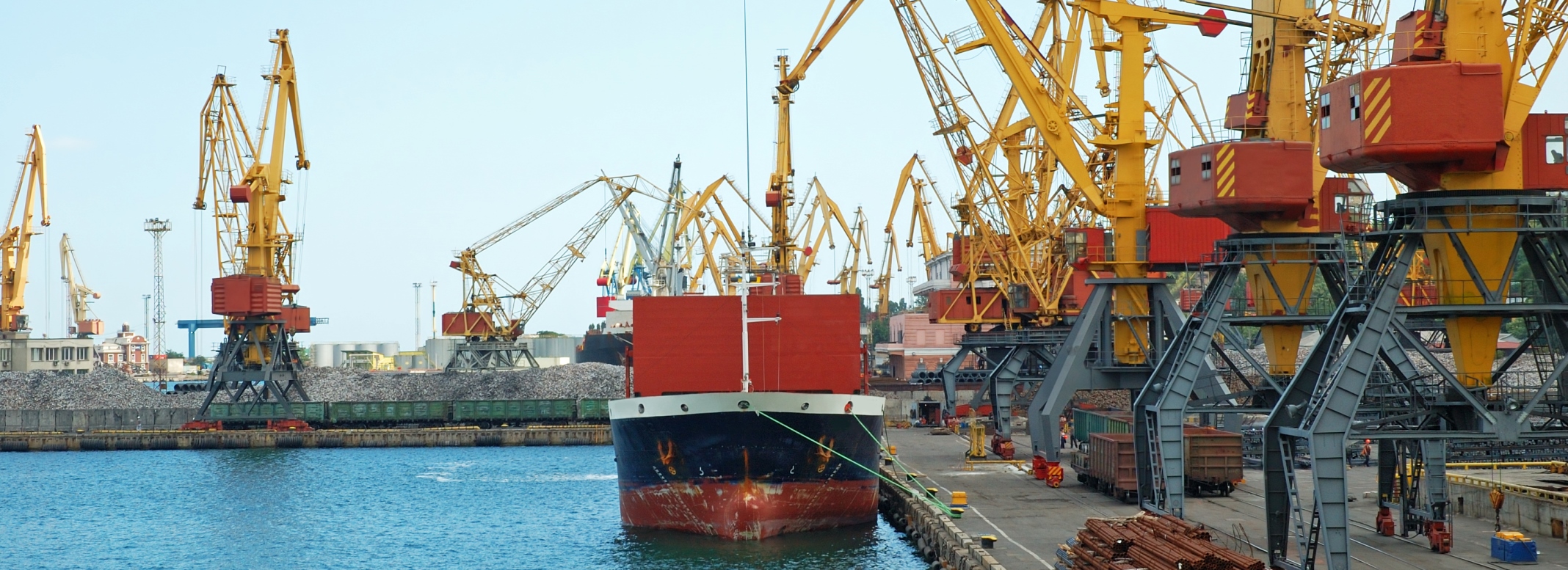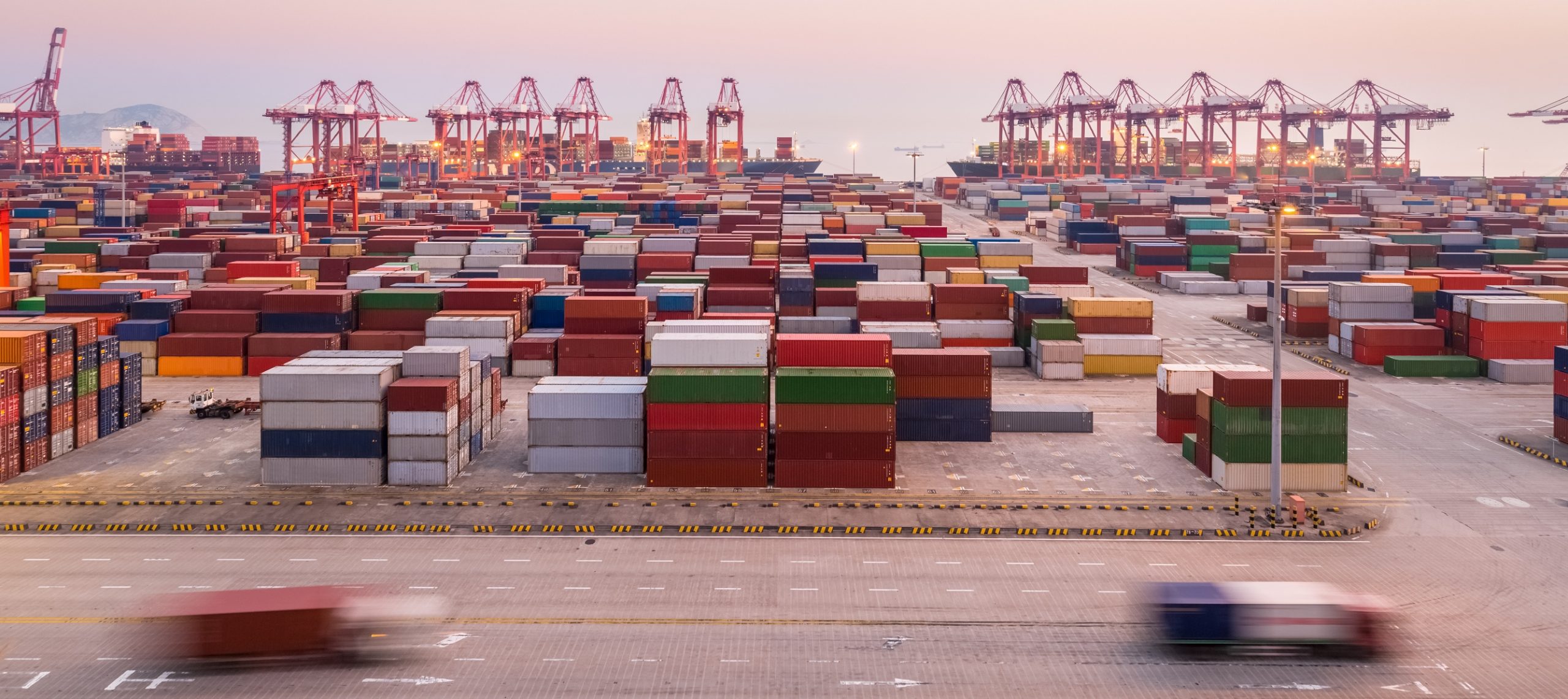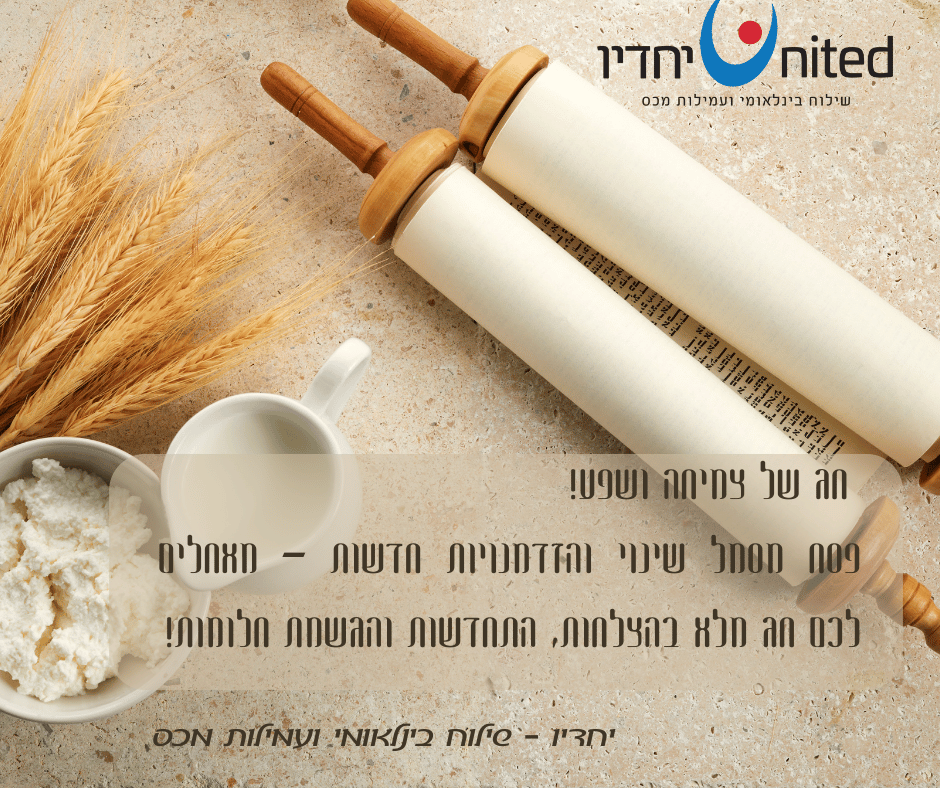
Import Exemptions and Mitigations
In specific cases it is possible to obtain an exemptions from import license, approval or permit. This does not apply, of course, to goods prohibited for import pursuant the Customs Tariff Order.
Granting an exemption pursuant article 2(c)2 of the Free Import Order
The Ministry of Economy and Industry’s Director General has determined the causes and terms for receiving an exemption. The exemption pertains to the obligation to present a license as specified in Schedule 1, and from meeting the requirements specified in Schedule 2 (labeling in Hebrew and standard-mark).
This service is regulated by Director General Directive 2.6. Applications can be submitted by an online form in the Ministry’s website, and will be sent to the relevant entity pursuant the Directive.
Exemption from Hebrew Labeling
An exemption from the obligation to label in Hebrew pursuant the Consumer Protection Order (Labeling of Goods), 5743-1983 is considered an exemption from meeting the terms of the Free Import Order (the requirement is specified in the Order).
Clothing and Textile – the goods must be labeled in Hebrew before import pursuant the Consumer Protection Order (Labeling of Goods), 5743-1983. However, there is a procedure enabling labeling at the importer’s warehouse. To comply with this procedure (Edition B-72), please contact the Ministry of Economy.
Note: safety clothing must comply with the applicable standard.
Exemption applications may be submitted via an online form according to Director General Directive 2.6 – Granting an exemption pursuant article 2(c)2 of the Free Import Order (cause 5-12).
Customs Tariff Exemption – Edition B 381
An exemption from customs tariff is applicable to some goods intended for industrial use. Applications apply according to the product’s classification in the Customs Tariff Order, which stipulates that an approval of the Ministry of Economy’s Director General is required for receiving an exemption.
Quotas for import of processed food products with a tariff exemption or a reduced tariff
Israel has bilateral free trade area agreements with various countries, in which tariffs on trade in goods have been removed. Tariffs are still applicable to food and agriculture products. However, as part of an annual quota specified in the bilateral agreements with each country, some of the goods can be imported with a tariff exemption or a reduced tariff. Importing within a quota for tariff exemption or reduced tariff is contingent on obtaining a license.
More related articles...

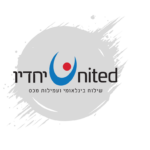
Strategies for Managing Complex Litigation Cases
Introduction Managing complex litigation cases is one of the most significant challenges that lawyers can face. These cases typically involve numerous variables, extensive evidence, multiple


How to Ship a Container: A Step-by-Step Guide
Introduction Container shipping is a crucial and essential part of international trade, and it is the most common method for transporting goods between countries. This


All Types of International Shipping: A Comprehensive Guide
Introduction International trade has become a crucial driver of the global economy, and the transportation of goods between countries is an integral part of this


Risk Management in International Shipping: How to Protect Your Shipments from Damages and Delays
Introduction International shipping is an essential and integral part of many businesses, but it also involves numerous risks. From physical damage to cargo, unexpected delays


The Difference Between FCL and LCL Shipments and Which One is Right for You
Introduction When it comes to international shipping of goods, one of the most important decisions you’ll need to make is choosing the right type of


Key Updates in the Field of Import and Export
Introduction International trade in Israel has undergone significant changes and developments in recent years, influenced by global economic shifts and evolving political landscapes. Recent reforms



